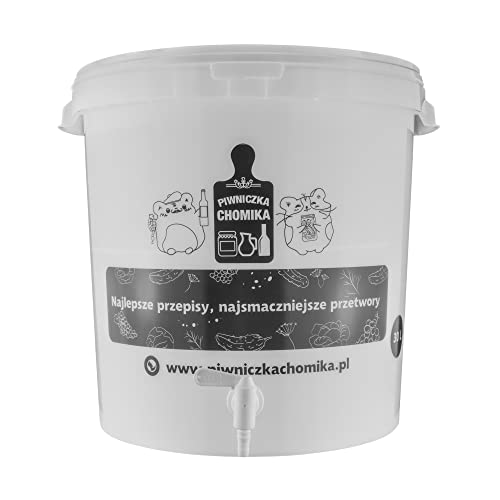Hello Everybody,
This is my first post so I thought I would start with an easy question about water treatment.
I live at the foot of the massive lump of chalk that is the Saisbury Plain. The water round here is mainly from ground water sources which means that its classed 'very hard'.
I've been reading Graham Wheeler's 'Brew your own British Real Ale book' which seems to suggest that water isn't that bigger deal and other books where it says its really important. My previous all grain brews have been resonably sucessful but lacking something. Given the quality of my nearest brewrey (Moles) I thinking that water treatment is something to take seriously.
The water company info gives the trace elements as 115ppm Calcium and 311ppm Calcium carbonate and sulpahte at around 60ppm.
I aim to brew a Amrican Pale Ale next which the recipe sates 100ppm calcium 300ppm Sulpahte
:wha:
Whats the best way to treat the water and is it worth the hassle?
Whats the step by step process for brew day?
Cheers
Vman
This is my first post so I thought I would start with an easy question about water treatment.
I live at the foot of the massive lump of chalk that is the Saisbury Plain. The water round here is mainly from ground water sources which means that its classed 'very hard'.
I've been reading Graham Wheeler's 'Brew your own British Real Ale book' which seems to suggest that water isn't that bigger deal and other books where it says its really important. My previous all grain brews have been resonably sucessful but lacking something. Given the quality of my nearest brewrey (Moles) I thinking that water treatment is something to take seriously.
The water company info gives the trace elements as 115ppm Calcium and 311ppm Calcium carbonate and sulpahte at around 60ppm.
I aim to brew a Amrican Pale Ale next which the recipe sates 100ppm calcium 300ppm Sulpahte
:wha:
Whats the best way to treat the water and is it worth the hassle?
Whats the step by step process for brew day?
Cheers
Vman






































![BREWING THERMOMETER STICKERS ACCURATELY MONITOR FERMENTING BEER & WINE LIQUID TEMPERATURES 5PCS HOME BREW SPIRITS WINE LCD ADHESIVE [US]](https://m.media-amazon.com/images/I/311DDjo2X3L._SL500_.jpg)


